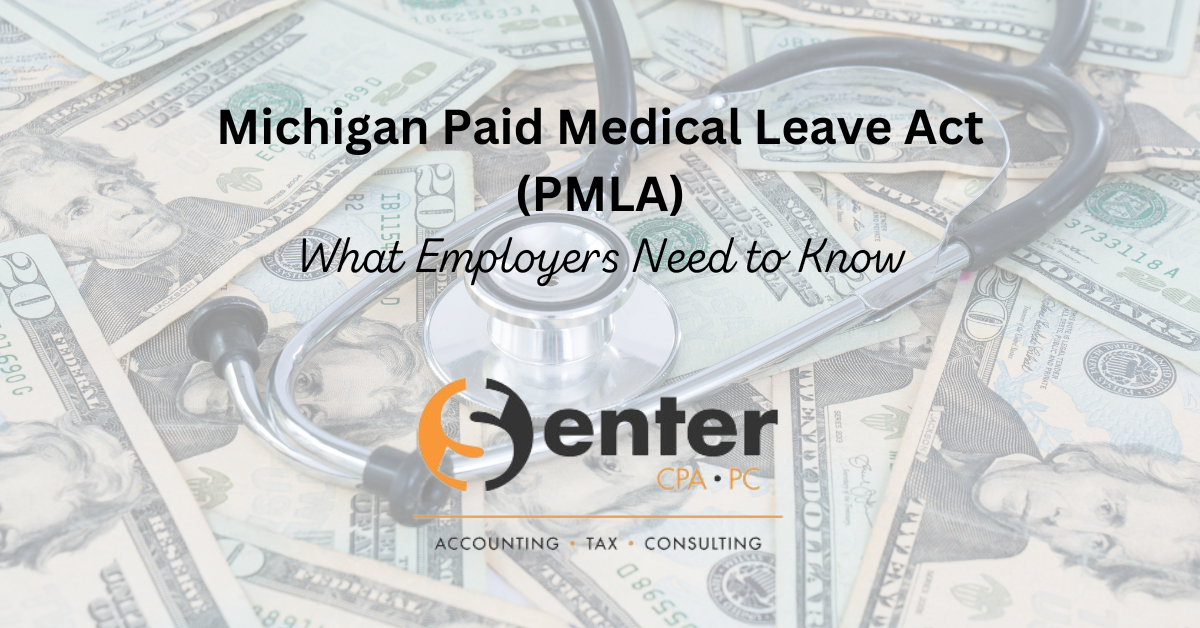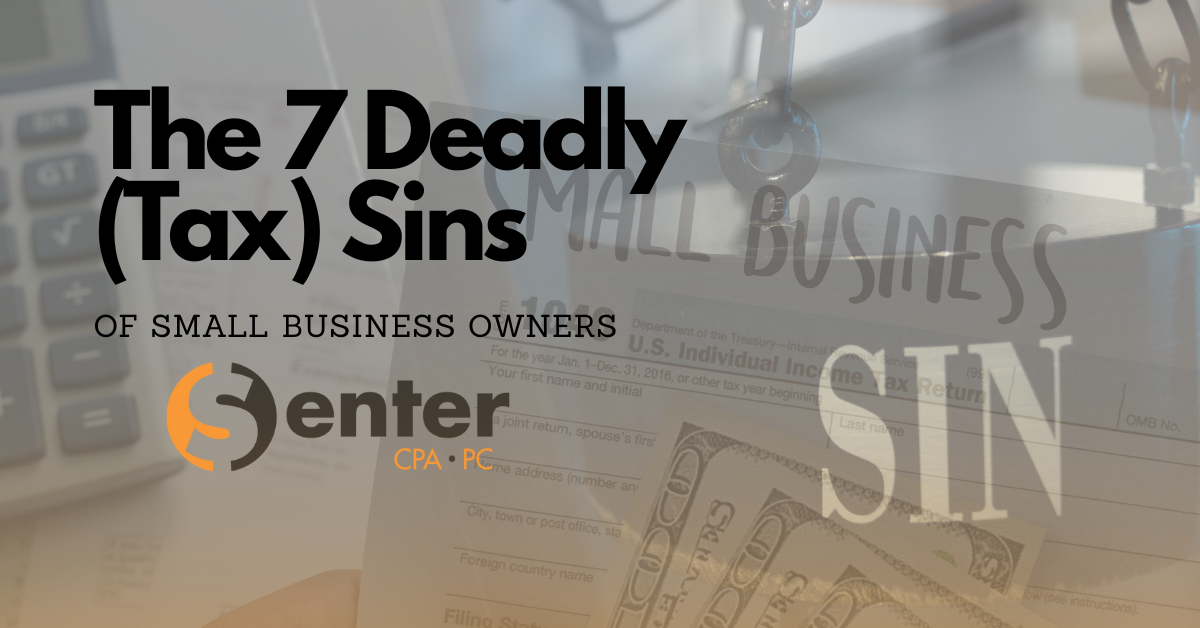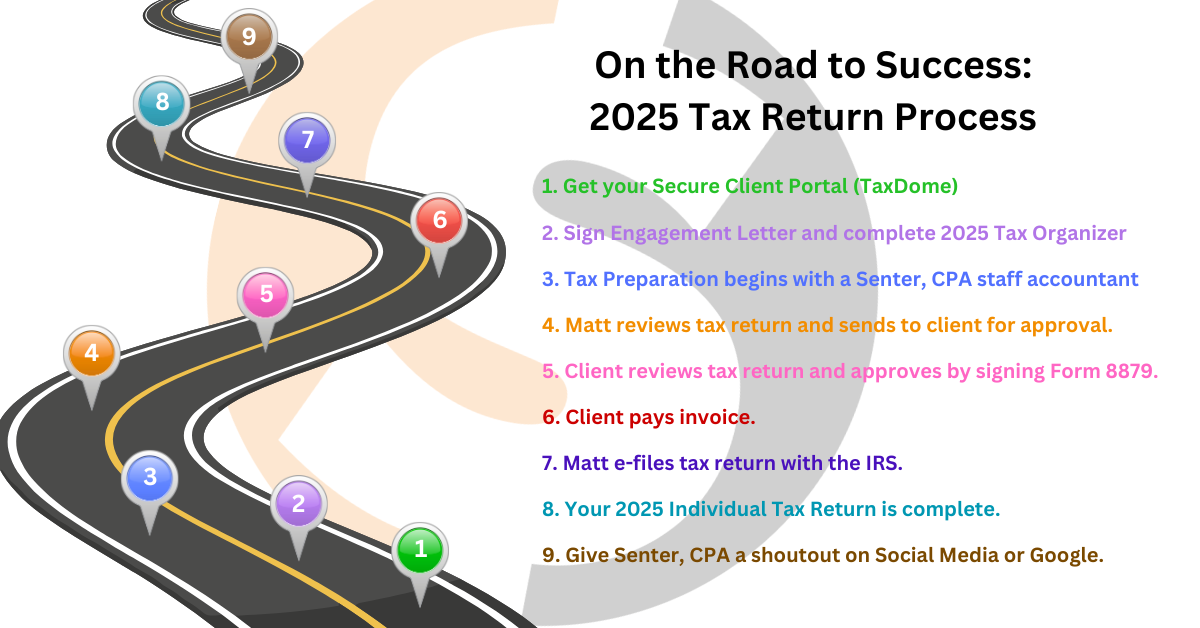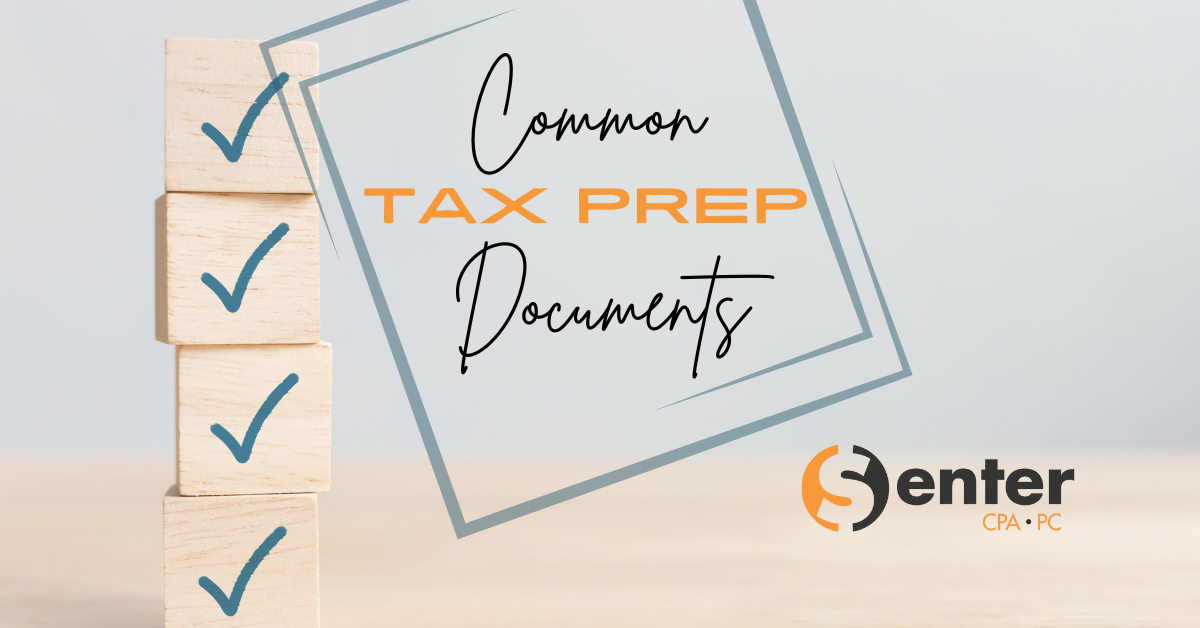Understanding the Paid Medical Leave Act: What Employers Need to Know
As of 2025, the Paid Medical Leave Act will require all businesses with employees to comply with new mandatory sick time rules. Whether your employees are part-time or full-time, the only exceptions are for those who work less than 20 weeks per year or those exempt from FICA taxes. It’s important to note that the 20-week requirement does not have to be consecutive. Employees qualify as long as they work at least 20 weeks out of the 52-week calendar year.
Sick Time Accrual and Minimum Hours Based on Employee Count:
There are two different ways to accrue the mandatory sick time based on the number of employees you have.
| Employee Count | Accrual | Minimum hours given |
| Less than 10 | 1 hour of sick time for every 30 hours of work |
40 hours paid and 32 hours unpaid *Paid time must be used first* |
| More than 10 | 1 hour of sick time for every 30 hours of work |
72 hours paid. *There is no requirement for unpaid sick time* |
Carryover and Payout Options:
In addition to the accrual of sick time, employees are also allowed to carry over or be paid out for up to 72 hours. Additionally, if your organization has a paid time off (PTO) policy that allows for unused vacation time to be paid out, you must extend the same option for unused sick time.
Impact on Current Paid Time Off Policies:
Employers may wonder how this new law affects existing PTO or vacation policies. If your business already offers a PTO policy that allows employees to use their time at their discretion (not limited to vacation purposes), you may not need to make significant changes. The primary change would be to ensure that employees meet the required minimum hours of sick time per year and per hours worked. However, Senter, CPA highly recommends consulting with an HR professional or attorney to ensure full compliance with the law.
Recordkeeping Requirements:
Employers are required to maintain records for at least three years, including:
- Hours worked by employees.
- Sick time earned, used, and carried over.
- Paid and unpaid sick time details.
Notification Requirements:
Employers are also required to provide written notice to all employees prior to the new effective date of February 21st, 2025. Any new hires after the effective date must be given the written notice at the time of hire. If you hire an employee on a probationary period such as ninety days, you must start accruing the sick time as of the first day they work not when the probationary period ends. However, you can restrict them from being able to use it until after the probationary period is completed.
What Employers Should Do Now:
To ensure compliance with the Paid Medical Leave Act, employers should:
- Review and update their sick time policies to align with the new regulations.
- Keep accurate records of sick time accrual and usage.
- Provide written notices to current and new employees, ensuring they understand their rights under the new law.
It’s essential for employers to consult with legal professionals to navigate any uncertainties regarding their current PTO policies and sick time accrual methods.
For more information, please visit www.michigan.gov/wagehour














